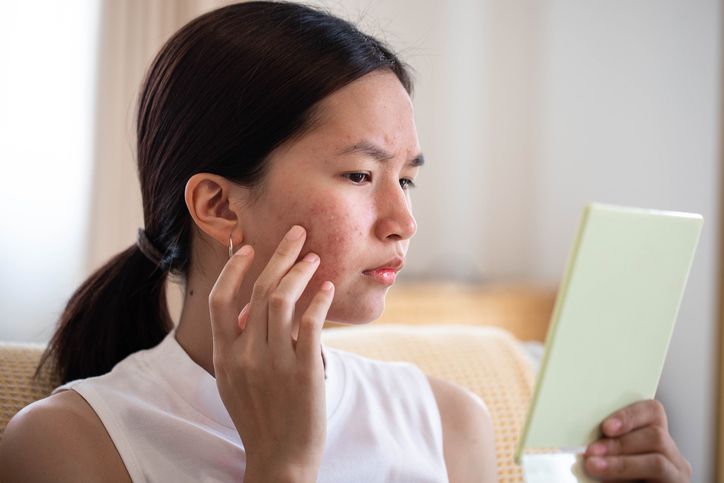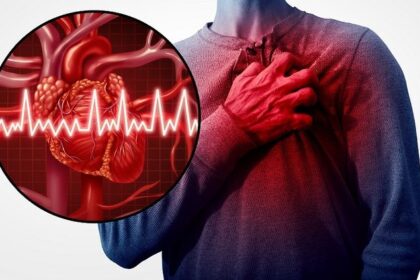Navigating acne treatment involves understanding the various factors that influence skin health. While many approaches focus on topical or internal medications, the connection between stress and skin is also worth exploring. Incorporating stress management techniques into your daily routine is one way to support your overall well-being, which may have a positive effect on your skin. Here is more information about how to reduce acne and stress:
Regular Exercise
When the body experiences stress, it might increase the effects of acne and other skin conditions. Physical activity is a standard method for managing stress. When you exercise, your body releases endorphins, which are chemicals that have mood-lifting properties.
This process may help lower overall stress levels. You do not need to engage in high-intensity workouts to see these effects; consistent, moderate activity is beneficial. A simple daily walk, a yoga session, or a bike ride are all effective forms of exercise.
The goal is to find an activity you enjoy, which will make it easier to maintain a regular schedule. Integrating physical activity into your routine, such as taking the stairs or walking during your lunch break, helps make it a sustainable habit. Remember to cleanse your skin after exercising to remove sweat and oil that might clog pores.
Deep Breathing Techniques
Deep breathing is a simple yet powerful tool for calming your nervous system. When you feel stressed, your breathing often becomes shallow and rapid. Practicing controlled, deep breaths sends a signal to your brain to relax, which helps lower your heart rate and blood pressure. You can do these exercises anywhere and at any time you feel stress levels rising.
One method is mindful breathing. Here is how to practice it:
- Sit or lie down in a comfortable position.
- Place one hand on your chest and the other on your stomach.
- Breathe in slowly through your nose for about four seconds, allowing your stomach to expand while your chest remains relatively still.
- Hold your breath for a moment, then exhale slowly through your mouth for about six seconds, feeling your stomach fall.
Practicing this technique each day may help you feel centered and in control.
Healthy Diet
The food you eat plays a role in your body’s overall function, including how it responds to stress. A balanced diet rich in whole foods provides the nutrients your body needs to operate effectively and support acne treatment. Certain foods, such as those high in refined sugars and processed ingredients, may contribute to inflammation, which can affect the skin. Focus on incorporating a variety of fruits, vegetables, lean proteins, and whole grains into your meals.
Medical Consultation
While stress management techniques are helpful for overall wellness, they are not a replacement for professional medical advice for persistent or severe acne. A dermatologist is a medical doctor who specializes in skin conditions. They can accurately diagnose the type of acne you have and recommend a personalized treatment plan.
Schedule Acne Treatment Today
Managing acne often requires a multifaceted approach. By combining a consistent skincare routine with stress management practices like exercise, deep breathing, and a healthy diet, you are supporting your body’s overall well-being. These lifestyle adjustments can complement medical treatments. To learn more about personalized acne treatment options, book a consultation with a dermatologist today.








